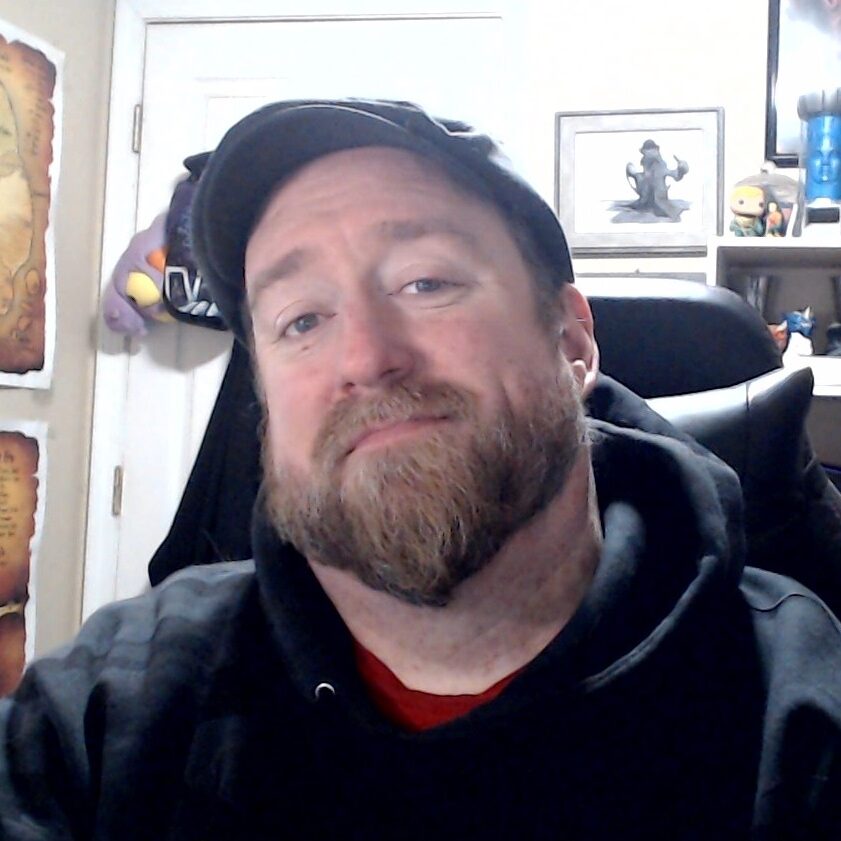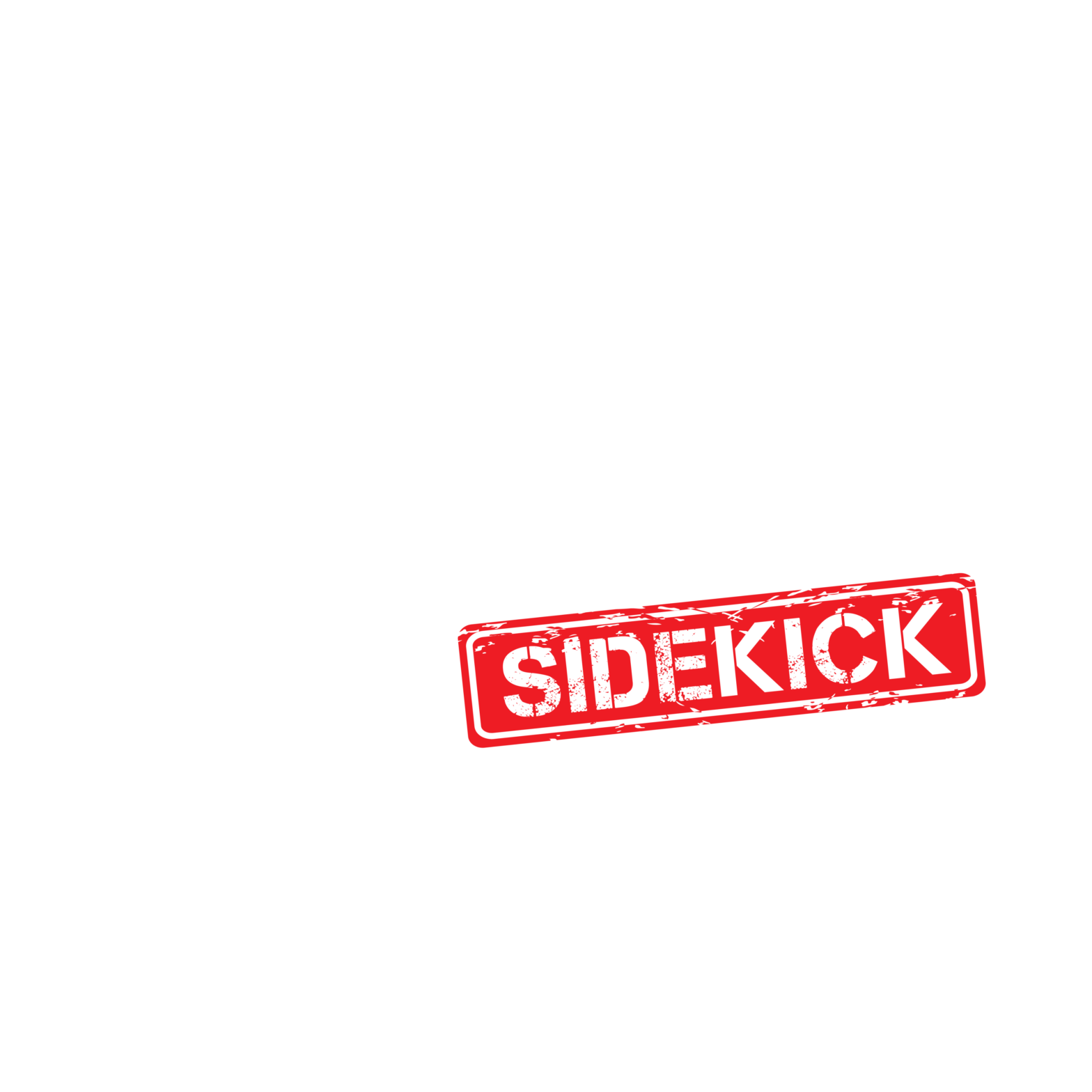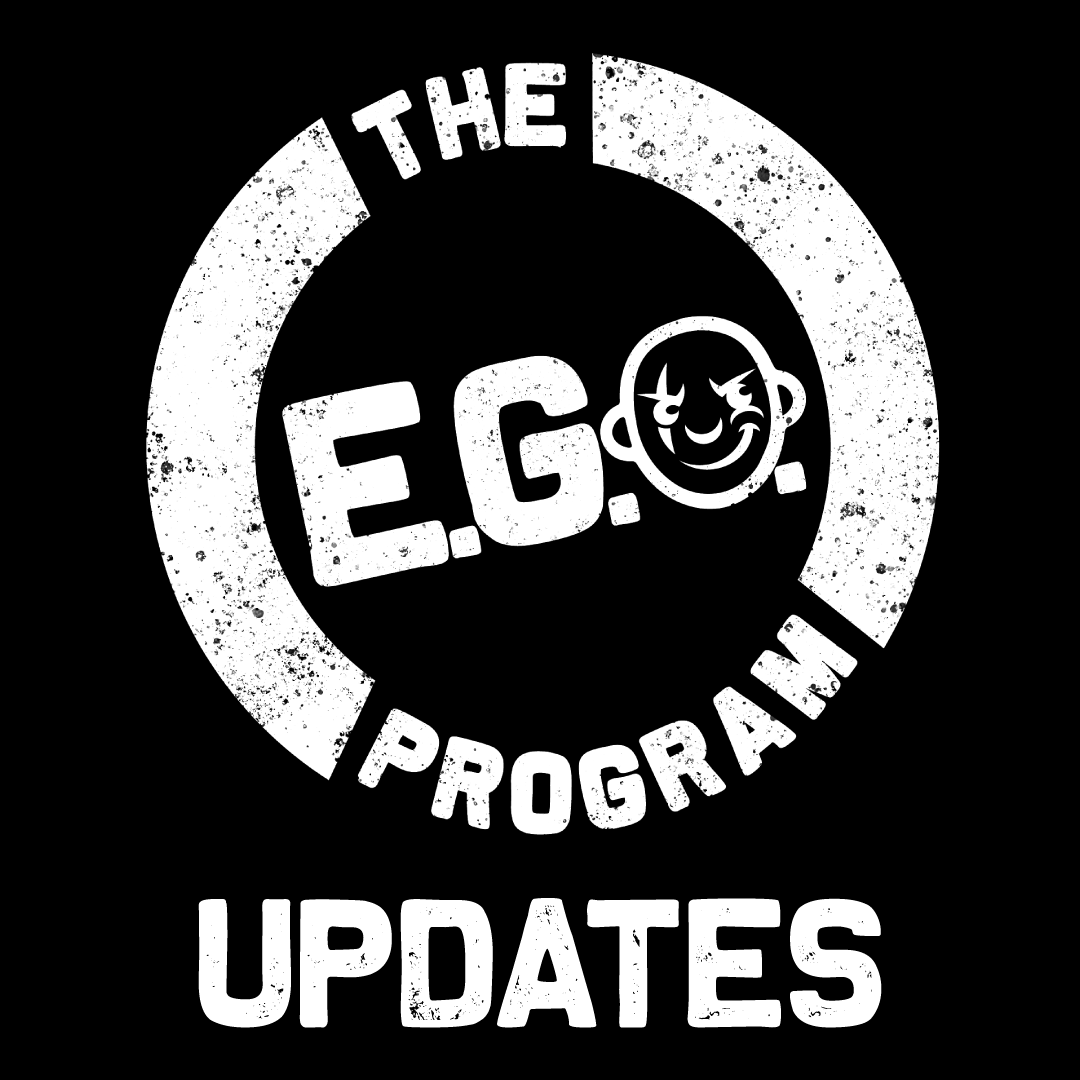For a Code of Ethics, You Need an Ethicist
There are many things that you can do yourself if you have the time and some YouTube videos to follow. But there are some tasks that call for an expert, either because they are too complex to do by yourself or because the risks and consequences of failure are too high. When your roof fails, for example, you generally get a roofer. When the electricity blows, you better get an electrician. When you need surgery, you definitely get a surgeon.
Similarly, it turns out that creating a set of sound, consistent, and sufficient ethical principles that can carry you through the turbulence of unclear choices and difficult challenges in the rapidly shifting world of technology is not a DIY project. You need to get an ethicist.
And fortunately, we have one. Our Lead Editor, Awen Rowan-Nelson, has a PhD in Philosophy with a specialization in Ethics from the University of Warwick, UK, one of the top philosophy programs in the world. In addition to her work as a writer and an editor, Awen taught, wrote, researched, and published on ethics for over 15 years under a previous name. Her works are required reading in graduate programs around the world, and they include a scholarly book that lays out both an original ethical theory and an interpretation of Aristotle’s ethics that changed the way we understand this influential philosopher’s work. Elements of her own work have found their way into a variety of professions and fields, including business, medicine, sociology and social science, leadership development, research, psychology, and even the ethics of game and game character design.
Awen was tasked with drawing up a new Technology Code of Ethics, which is now published, (along with the previous version) on our website in our policies section (see below). I invited her to explain a bit about the new Code, how it differs from the previous Code, and why. Let’s hear what she has to say.
Q: Thank you for agreeing to do an interview for the Evil Genius blog.
You’re welcome, and thank you for inviting me. I’m looking forward to talking with you about our new Technology Code of Ethics.
Q: First of all, can you briefly let folks know what an ethicist does?
Absolutely. But what an ethicist does depends on whether they work primarily in applied ethics or theoretical ethics.
Ethicists that work in applied ethics frequently develop and implement codes that are designed to do two things. First, the codes guide ethical decision-making or set standards of conduct in the workplace. Second, they can be used to evaluate decisions or human behaviors in a way that is, hopefully, both consistent and fair. So, applied ethicists work in many fields, including business, medicine, education, technology, environmental or government agencies, universities, law, research, therapy, and the like.
On the other hand, ethicists that work in theoretical ethics generally work as either a professor and scholar at a university or as a member of a think tank. Professors and scholars (as you know) teach, research, write books and articles, and sometimes develop ethical theories. And members of think tanks evaluate, inform, and draft public policy, and they sometimes write books and hold seminars and events.
Q: So, as an ethicist, you’ve done both?
Yes. I’ve done work as both an applied ethicist and a theoretical ethicist.
Q: Okay, but drawing up a Technology Code of Ethics is applied ethics, right?
Exactly.
Q: Alright. So, as an ethicist, how did you approach the task of drawing up a Technology Code of Ethics for a business like Evil Genius Games?
Well, because Evil Genius Games is a young company that will be growing and developing in what could be a rapidly changing world, I had two primary considerations. First, I knew that the code would have to be capable of guiding EGG’s decisions about new technologies that raise ethical concerns, both now and in the future. And second, I wanted the code to be grounded in, and representative of, the ethical values and convictions of today’s leadership team in a way that did not restrict the team members (whether the same team members or different ones) to living forever with the ethical perspectives that we have today.
Q: So, a technology code has to guide decisions, but not overly restrict them to today’s knowledge and ethical perspectives?
That’s correct. A Technology Code of Ethics must be flexible enough to incorporate the changes in ethical perspectives that often accompany innovations in the development and uses of technology. Just think, for example, of the impact that the Internet, social media, and cell phones have on considerations of what it means to parent ethically.
Q: I see. But what were the problems with our previous code of ethics, and how is this new code different?
Unfortunately, the previous code was not actually a code of ethics. Ethical codes normally either help people make ethical decisions and choices or they set standards of acceptable conduct for a particular business or profession, But EGG’s previous code did neither of these things. Instead, it was an overly brief document that included only three “never” statements—as in “EGG will never do X.”
Q: Why is that a problem?
Well, as teachers from grade school to graduate studies drill into us, statements that make “never” or “always” claims invariably fail in one way or the other. And, in applied ethics, they fail because they are incapable of doing the work that they need to do and are intended to do.
Q: In other words, not all that useful in practice over time?
Exactly. In practice, unique individuals in specific contexts must make decisions that can have long-term consequences, good or bad, for a business that they, and many others, rely on—and that is a weighty responsibility.
And, in order to make good decisions, such individuals need guidelines that encourage inquiry, cooperation, and thoughtful consideration; boundaries that encourage prudent decision-making; and a process that fosters ethical growth. No dogmatic and rigid set of rules, especially one formulated as “never” statements, is capable of doing any of these things.
Q: How is this new code different, then?
First of all, while our principles and standards do state that we will or will not do certain things, they are not commandments. On the contrary, they codify our ideals, values, and commitments in such a way that they can serve to inform, guide, and govern our decisions concerning new technologies. And they set boundaries that help us to adopt and implement only those new technologies that do not conflict with our ethical ideals, values, and commitments.
Q: Not a “10 commandments” kind of thing?
No. Rather than having a dogmatic set of “rules” that everyone is expected to blindly follow (which never works, by the way), we have a set of principles and standards that encourage research, discussion, prudent decision-making, and ethical growth.
Q: So, can you give us an example from the new code and explain how it works?
Sure. One principle is:
We will not knowingly or intentionally adopt or implement any new technologies that harm or replace creators or that make game play more laborious or difficult for players.
This principle codifies our “no harm” commitment, or our ideal that technology should support creators (not harm or replace them), and it should make game play more fun for players (not more difficult). So, when we are considering a controversial new technology, we will research, discuss, and evaluate it in terms of harm, which is the boundary that we do not want to cross. And we will check every controversial technology under consideration in the same way against each of our principles and guidelines. By doing this, we can be confident that every new technology we adopt and implement coheres with the values and commitments expressed in our principles and standards.
Q: That sounds like a lot more work than having a commandment!
It is. But this kind of ethical code actually works. And it is work worth doing.
Q: Well, thank you for doing the work of taking input from the team and creating a new Code that can work for Evil Genius now and, hopefully, well into the future.
You’re very welcome. It was fun to put my “superpower” (as Dave called it) to use again, and I was honored by the trust that the team put in me.
Please note: Because our new Technology Code of Ethics is intended as a company policy document and not as an advertisement, we are moving it and the previous code to our policy documents. Currently, you can find the new code here. And if you have comments or questions about the code, its application, or other ethical concerns, you can email our ethicist at [email protected].







Be the first to comment
Sorry but it seems you are not logged in.
To post the comment first you need to Sign In